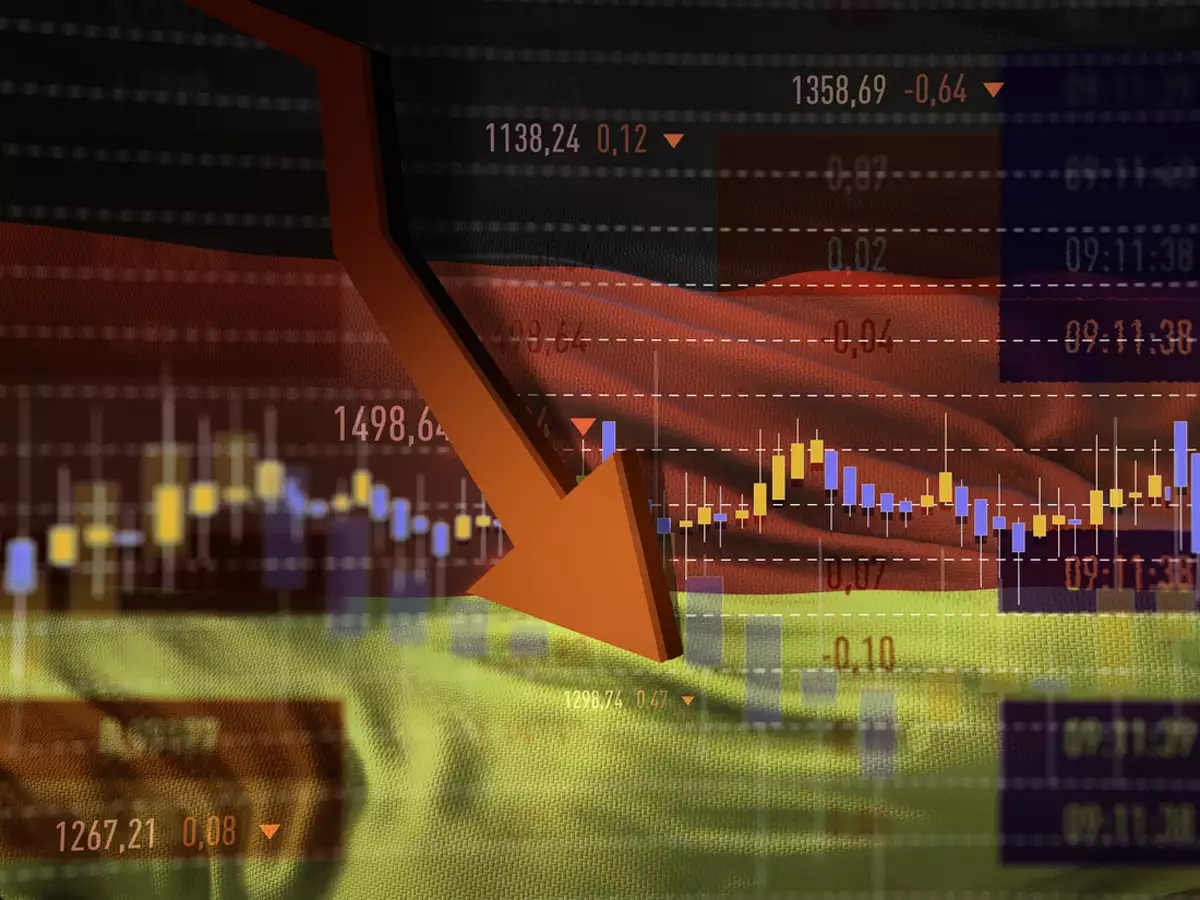9241
0
The German economy fell 4.9 percent last year
The German economy fell 4.9 percent last year. The general government deficit reached 139.6 billion euros.

Yazar: Tom Roberts
Yayınlanma: 24 Şubat 2021 19:51
Güncellenme: 3 Mart 2026 03:30
The German economy fell 4.9 percent last year
The corona crisis has dug a deep hole in the German budget and hit Europe's largest economy hard. Its consequences are slightly smaller than expected. However, the pandemic is far from over. Despite the second lockdown, Germany's gross domestic product (GDP) rose 0.3% quarter on quarter in the last quarter of 2020, according to the Federal Statistical Office Destatis, revising its previous estimate of an expansion of only 0.1%. For the whole of last year, the German economy fell by 4.9% and not by 5%. The deficit of the federal government, federal states, municipalities and social security in 2020 reached 139.6 billion euros. Statisticians originally estimated that the general government deficit was as high as 158.2 billion euros. The deficit in relation to economic performance reached 4.2% of GDP. This was the second highest deficit in relation to GDP since the reunification of the country, it was higher only in 1995. In addition to large government aid packages to mitigate the effects of the new coronavirus pandemic and restrictive measures, which led to a sharp increase in spending, revenues also fell last year. One of the reasons for the sharp fall in tax revenues was the temporary reduction in value added tax (VAT) from 1 July, which applied for half a year. The aim of this measure was to promote private consumption. Economists and the federal government expect a recovery in economic growth this year. However, it will probably fall again in the first quarter due to the lockdown, which was extended until March 7. The government expects GDP to increase by three percent this year.İLGİLİ HABERLER





European stocks soared and focus shifted to German retail sales after Powell's speech!

Forex Signal For TRY/USD: Inflation Slowdown in November.

Forex Signal For GBP/USD: Bullish Trend Still Not Breaking While Recovery Continues.

Forex Signal For EUR/USD: Starry US Data Points to Higher Fed Increases.

Forex Signal For BTC/USD: Downside Continues as Bitcoin Recovery Moves Less.
En Popüler Haberler
Yorum Yap
Yorumlar
Henüz yorum yapan yok! İlk yorumu siz yapın...